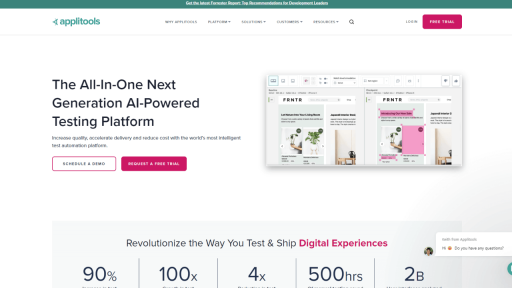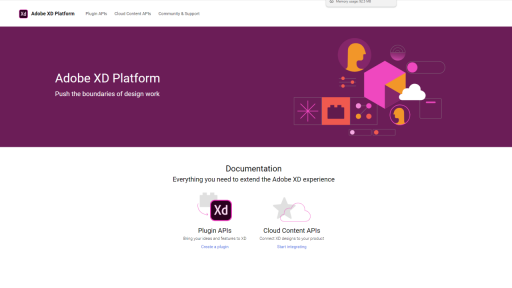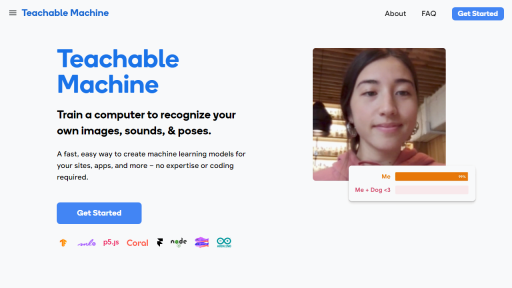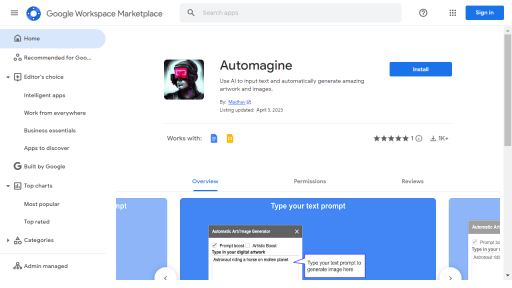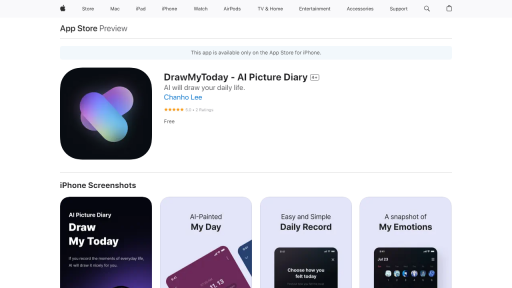What is Bedrock?
Bedrock is a cutting-edge development framework designed to facilitate the creation of scalable and robust applications. It provides developers with a comprehensive set of tools and features that streamline the development process, allowing for rapid prototyping, deployment, and maintenance of software solutions. Bedrock is built on a modular architecture, enabling users to customize their applications by integrating various third-party libraries and services. One of its core strengths is its support for microservices, which allows developers to break down complex applications into smaller, manageable components. This not only enhances performance but also simplifies the debugging and updates process. Bedrock also emphasizes security, offering built-in features that protect applications from common vulnerabilities. By utilizing Bedrock, developers can focus more on writing quality code rather than getting bogged down by repetitive tasks, making it an ideal solution for both startups and established enterprises looking to innovate efficiently.
Features
- Modular Architecture: Allows developers to integrate various components and services as needed, promoting flexibility.
- Microservices Support: Facilitates the development of applications as a collection of independent services, enhancing scalability and maintainability.
- Built-in Security Features: Offers tools and best practices to protect against common security vulnerabilities.
- Rapid Prototyping: Streamlines the development process, enabling quick iteration and deployment of new ideas.
- Comprehensive Documentation: Provides extensive resources and guides to assist developers in leveraging the framework’s capabilities.
Advantages
- Increased Development Speed: Bedrock’s tools and templates allow teams to build applications faster than traditional methods.
- Cost-Effective: Reduces the need for extensive custom development, lowering overall project costs.
- Scalability: The microservices architecture ensures that applications can grow without significant rewrites.
- Enhanced Collaboration: The modular design promotes teamwork, allowing developers to work on different components simultaneously.
- Future-Proof: Regular updates and community support ensure that Bedrock stays relevant with current technology trends.
TL;DR
Bedrock is a versatile development framework that accelerates application creation through modular architecture, microservices support, and built-in security features.
FAQs
What programming languages does Bedrock support?
Bedrock primarily supports JavaScript and Python, but it is designed to be extensible, allowing integration with various other languages as needed.
Is Bedrock suitable for large-scale applications?
Yes, Bedrock’s microservices architecture and scalability features make it an excellent choice for large-scale applications.
Can I integrate third-party services with Bedrock?
Absolutely! Bedrock is designed to seamlessly integrate with various third-party services and libraries, enhancing its functionality.
What kind of support is available for Bedrock users?
Bedrock offers extensive documentation, community forums, and customer support options to assist users in their development journey.
Is Bedrock free to use?
Bedrock is open-source and free to use, with optional paid support and enterprise features available for larger organizations.

